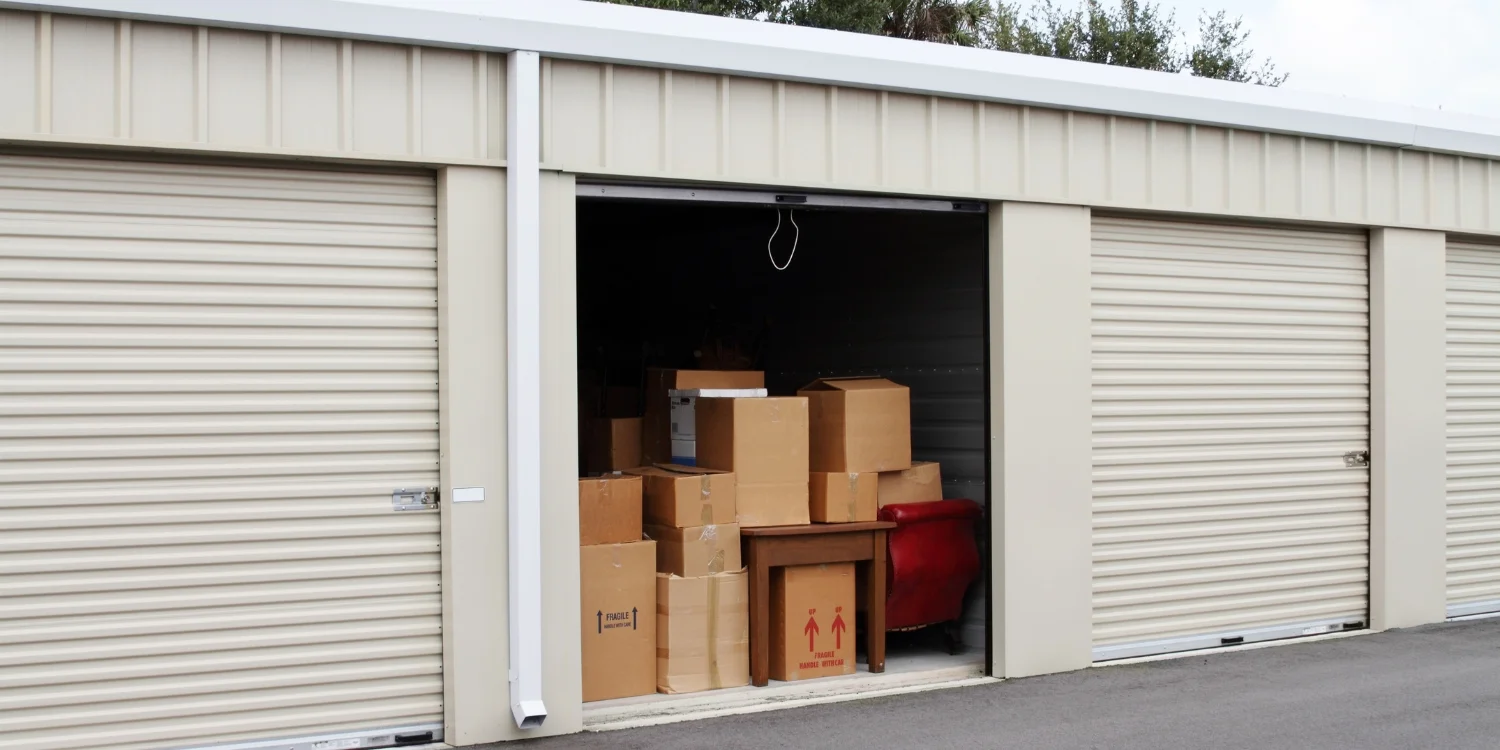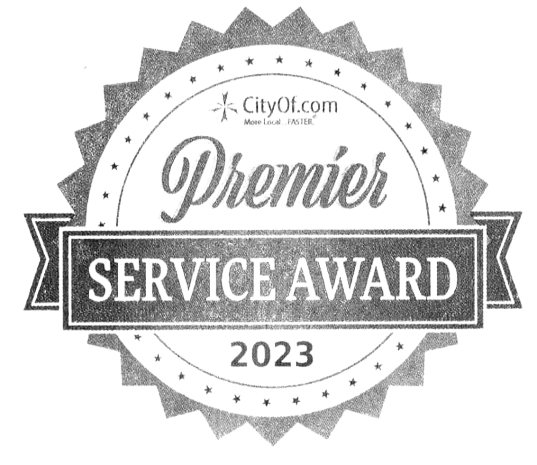Storage units are a convenient solution for anyone needing extra space to keep their belongings. Whether you’re moving, downsizing or just need room for seasonal items, a storage unit can make life easier. But how much do they cost? The price depends on several factors and understanding them will help you find the best deal for your needs. Let’s break it down in simple terms.
Average Cost of Storage Units
The cost of storage units can vary widely based on location, size and additional features. Here’s a rough estimate:
- Small Units (5×5 feet or 5×10 feet): These are great for boxes, small furniture or seasonal decorations. Prices range between $40 to $100 per month.
- Medium Units (10×10 feet or 10×15 feet): Ideal for the contents of a small apartment or large furniture. Expect to pay $100 to $200 per month.
- Large Units (10×20 feet or bigger): Suitable for storing the contents of a house or a vehicle. Prices usually start at $200 and can go up to $400 per month.
If you’re looking for climate-controlled storage or premium locations, prices may be higher.
Factors That Affect Storage Unit Costs
Several factors influence the cost of a storage unit. Understanding these will help you budget effectively and avoid surprises.
Location
The location of the storage facility plays a big role in the price. Units in urban areas or near city centers tend to cost more than those in rural or suburban locations. High-demand areas naturally have higher prices.
Unit Size
The size of the storage unit you need is one of the biggest cost factors. Smaller units are more affordable but if you have bulky items or a lot to store, you’ll need a larger space.
Climate Control
If you’re storing items sensitive to temperature or humidity (like electronics, artwork or furniture), climate-controlled units are worth considering. These units typically cost 20% to 50% more than standard units but protect your belongings from damage caused by extreme weather.
Accessibility
Some facilities offer 24/7 access to your unit while others have limited hours. Units with 24-hour access or drive-up convenience often cost more than those with restricted access.
Security Features
Facilities with advanced security systems such as surveillance cameras, gated access and on-site staff, may charge more. However, the added peace of mind can be worth the extra expense.
Rental Duration
Short-term rentals tend to cost more per month compared to long-term commitments. Many facilities offer discounts for customers who sign up for longer leases.
Special Offers or Discounts
Some storage companies provide promotions like the first month free or discounted rates for new customers. Always ask if there are any deals available.
Additional Costs to Consider
When renting a storage unit, keep in mind there might be extra costs besides the monthly rental fee:
Insurance: Most facilities require you to have insurance for your stored items. This might be included in the price or cost an extra $10 to $20 per month.
Administrative Fees: Some companies charge a one-time setup or administrative fee, usually between $10 and $25.
Locks: You may need to purchase a special lock for your unit which can cost around $15 to $20.
Late Fees: Missing a payment can result in late fees which vary by facility.
How to Save Money on a Storage Unit
If you’re on a budget, here are a few tips to keep costs low:
- Shop Around: Compare prices from different storage facilities in your area to find the best deal.
- Choose the Right Size: Don’t rent a unit larger than you need. Measure your items and plan your storage layout.
- Look for Deals: Many companies offer promotions, such as a free first month or discounted rates.
- Pay in Advance: Some facilities offer discounts if you pay for several months or a year upfront.
- Share a Unit: If you don’t need the entire space, consider sharing a unit with a friend or family member.
Types of Storage Units
There are different types of storage units available, depending on your needs:
Indoor Storage Units: These are located inside a building and may include climate control. They are ideal for sensitive items but might be less convenient for loading and unloading.
Outdoor Storage Units: These are accessible from outside, making them easier to use for heavy or bulky items. However, they may lack climate control.
Vehicle Storage: Perfect for storing cars, boats, RVs or motorcycles. Prices vary depending on the type and size of the vehicle.
Should You Choose a Climate-Controlled Unit?
While climate-controlled units cost more, they’re worth considering if you’re storing:
- Electronics
- Wooden furniture
- Artwork
- Important documents
- Antiques
If you live in an area with extreme temperatures or high humidity, investing in climate control can prevent costly damage to your belongings.
Is a Storage Unit Worth It?
Renting a storage unit is often worth the cost if you’re in a situation where space is limited. It’s a practical solution during life transitions like moving, renovating or decluttering. While the cost might seem high initially, the convenience and security can make it a worthwhile investment.







